SUMMARY
This is AI generated summarization, which may have errors. For context, always refer to the full article.
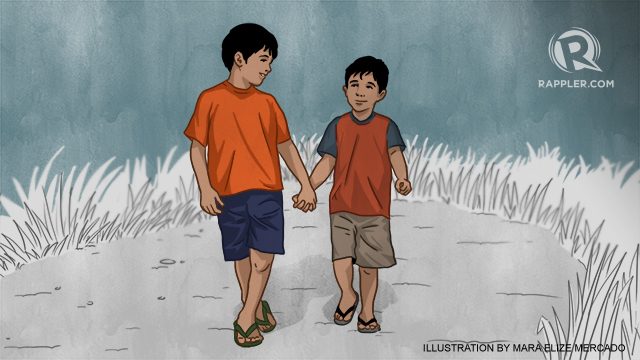
A very young boy and his brother, older by only a few years, were walking to school, with the younger one playing with his 5 cents – the only money they had for school. But the coin dropped and rolled onto a big street hole where dirty water had collected. The younger kid cried so hard over the coin that his brother did the only thing he could – he dove into the puddle which was not shallow, inevitably getting himself all wet and muddied, miraculously finding the coin. He then handed it over to his kid brother, telling him “Here it is. You don’t have to cry anymore.”
That happened in the late 1940’s. The kid who clumsily tossed the coin was my father. They were very poor growing up and he was the youngest of 8 and he and his Kuya Boy were very close. For over 3 decades now, my father has been living abroad and whenever I visited him, he would make sure to give me his own shirts and shoes – those that he had already used – so that I could deliver them to my uncle. At first I found my Dad’s gesture awkwardly convenient until I discovered that his brother preferred only those things that were once my father’s. When my uncle died a few years ago, in remembrance, my father mourned him in silence and repeated only that coin story to us, with him only saying at the end: “That was my Kuya.” For me and my two siblings, that summed up how siblinghood makes an indelible mark on our lives.
I thought about this as I recently spent a few days with my brother and sister. We have always been particularly close and our parents called us their own Three Musketeers. When our parents separated, we 3 even felt closer to each other. The world of 3 was our universe and it was difficult for us to imagine what it was like to have more or less siblings.
While the science behind early childhood development are amply propped up by studies on the role of parents and school, there are considerably less on the deep and lasting impact of sibling relationships. But we are missing out a big chunk of our personhood if we did not understand the role of siblings in shaping it.
Siblings are our first introduction to the world, especially to conflict. The studies I have come across remind us that during our formative years, we spend the most time with our siblings, which means we would inevitably get on each other’s nerves. But since we were stuck with each other, it is also the perfect ground to learn how to soothe back those nerves to care for each other again.
I remember that out of boredom, especially in the summer when there was no school, my sister and I would be in bed staring at the ceiling and it did not take long before we would literally pull each other’s hair for the slightest reason. Although now, I am quite sure that it was always my fault since my sister never starts a fight. But at the fall of our childhood’s nights, when I would always worry that a monster’s arm would emerge at the foot of our bed and grab me, my sister was ever ready to put her arm around me, even if for her, it meant ending up with a sore arm.
When I was barely 4 and my sister was barely 3, we started school. She was too young to do formal learning, aside from having learning difficulties caused by her premature birth. She would never do what the teacher asked, so every day, for an entire school year, I always hurried to do my tasks so I could do hers before our teacher finds out that she did not do them. In turn, she would always condone my opinions about the world and go along with my adventures, even if it also meant she might be sanctioned along with me.
There is also evidence that the way you get out of the conflicts with siblings learned at home was carried into how you resolved conflicts outside. We had a funny ritual that we did as kids that our parents, barely out of their teens, trained us to do. As early as when I was 5, I learned how to hold meetings with my siblings and parents face to face. I remember how our feet dangled sitting on our dining chairs as my brother, for instance would confront his “accused” (me), for having cruelly blown (hey, I was confirming the Three Little Pigs experiment) his toy soldiers from where he painstakingly set them.
We had that kind of access to each other all of our childhood. And to this date, we three still do communicate so naturally with each other, even as we each have independent residences, careers and keep and run our own little circles.
Recently, studies on birth order busted the myth of the “lost” middle child. One of them, looked at 20,000 adults within same families and people of the same birth order across families. It found that as far as the what psychology calls the Big Five personality traits namely extraversion, emotional stability, agreeableness, conscientiousness, or imagination, birth order barely mattered.
Another study looked at 337,000 high school students and found that birth order did not significantly make a difference in the personalities of siblings even if first-borns seemed to have an IQ lead (that lead is all but 1 IQ point.) If you want to provide the comic break to your next sibling meet, try claiming that “singular” point over your siblings.
As I write this, we just ended our periodic sibling time. My brother left ahead this morning. Our message thanking our “bunsoy” for making it to our “meeting” crossed with his “Love my sisters.” We all feel reinvigorated to go back and face our individual challenges and responsibilities. We have each other, as part of our original and unfolding lives.
The unexplained aspects of personhood may, in part, rest on the relatively unexamined role of siblinghood. It may be a good time now to high-five your sibling/s. – Rappler.com
Add a comment
How does this make you feel?


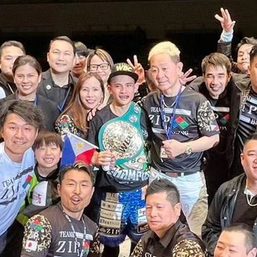
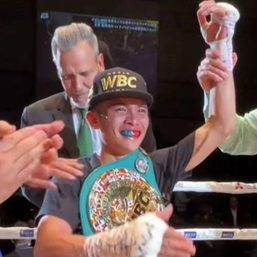

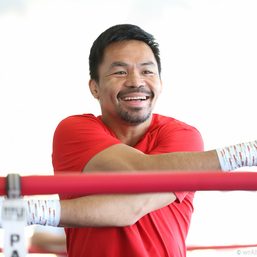
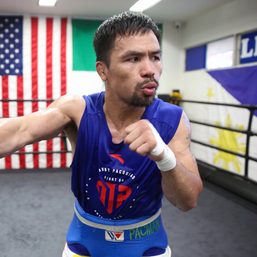

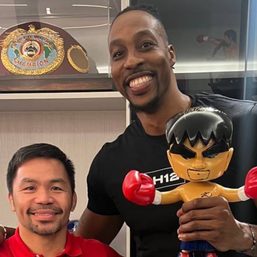

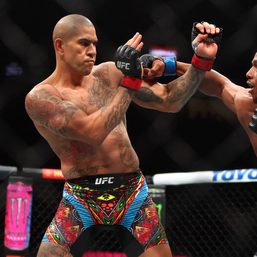
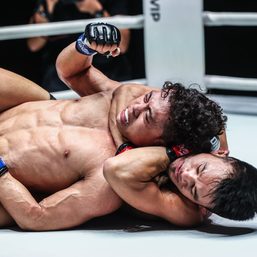

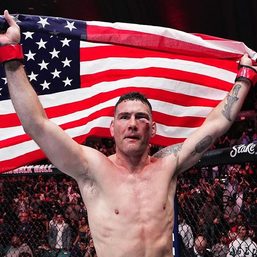

There are no comments yet. Add your comment to start the conversation.